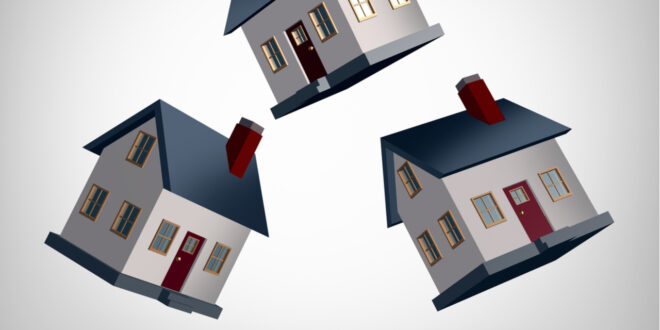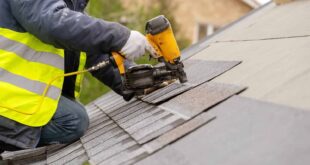The idea of flipping houses is incredibly attractive. You buy a house for a low price, you spend a few weeks fixing it up and making it look beautiful, and you sell it for double or triple what you originally paid, making back all the money you spent fixing it up and then some.
We’ve all heard stories of self-made millionaires who built fortunes this way and continue to make money just because they enjoy this process so much. But the reality is, flipping houses rarely works out for the investor, and you’re much better off following different strategies.
According to GreenResidential, flipping houses has the potential to generate a significant return on your investment, but other real estate strategies – like investing in rental properties – are much more consistent and reliable.
Why is this the case? And what should you be doing if you want to maximize your real estate return?
The Problems With Flipping Houses
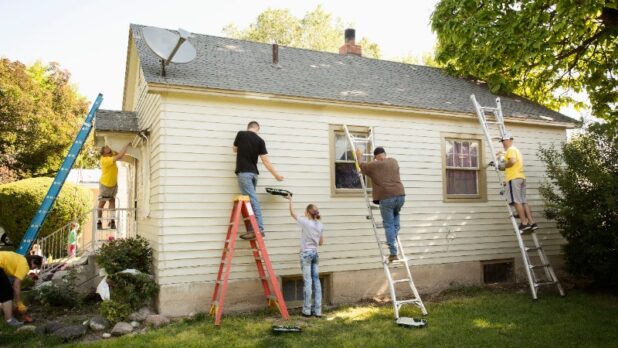
There are several problems with flipping houses, including:
- Competition. One of the biggest problems is competition. Lots of real estate investors know the potential value of house flipping, so some of the most attractive properties for house flippers get bought up immediately. This also pushes real estate prices higher. On top of that, the most serious property investors are highly aggressive in finding properties – so you might never get to see some of the best candidates in a given neighborhood.
- High property prices. If you overpay when purchasing your property initially, there’s little hope of ever recovering your proceeds – let alone making a profit. The property may be highly priced for the area, there may be a real estate bubble in play, or you might get caught up in a bidding war; in any case, if you pay too much, the entire strategy will fail.
- Poor estimates. To be successful with house flipping, you need to be able to estimate your expenses accurately. Too often, investors get overconfident and lowball their projected expenses. For example, they might believe new carpet will cost $3,000 when it actually costs $5,000. One small mistake won’t jeopardize your long-term profitability, but a handful of mistakes of any size can start impacting your profitable potential.
- Unexpected expenses and developments. Your initial estimates may be accurate – but that doesn’t make them permanent or resistant to ongoing changes and adjustments. During your course of renovation, you might discover expensive and time-consuming issues, such as cracks in your foundation; because these issues can cost thousands to tens of thousands of dollars, it could ruin your profitability.
- Resale issues. You believe you can sell your finished property for $250,000, but how true is this? If real estate prices begin to fall, or if consumer demand isn’t there, you may struggle to sell your property for its intended price. If you’re stuck with the property for several months longer than you expected, or if you have to lower your price, your financial model may no longer work.
- Taxes and fees. Don’t neglect the taxes and fees you’ll pay on your transaction. You might purchase the property initially for $150,000 and sell it for $200,000, but that doesn’t mean you’ll pocket $50,000 (even if you didn’t pay anything for materials).
- Loan and debt issues. Most real estate investors take advantage of loans to finance their purchases, giving them more purchasing power. But if you do this consistently and purchase many properties, eventually, you’re going to become overleveraged. This can be devastating for your personal finances and render you extremely vulnerable to financial crashes.
- Inexperience and arrogance. Novice house flippers often overestimate their abilities and underestimate the number of things that could potentially go wrong. Don’t let your inexperience or your arrogance compromise your objective decision-making.
Can Flipping Houses Ever Work?
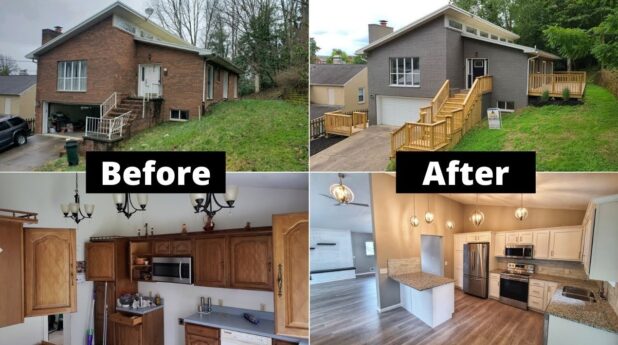
Is it possible to make flipping houses work? The short answer is yes. There’s plenty of anecdotal evidence of people who have built fortunes flipping houses in their own neighborhood. If you have a good understanding of the real estate market, if you find a great price on a decent home, and if you estimate your expenses accurately, you have a good chance of making the transaction work. However, it’s hard to get these stars to align, and it’s even harder if you don’t have any real estate experience.
Alternative Real Estate Strategies
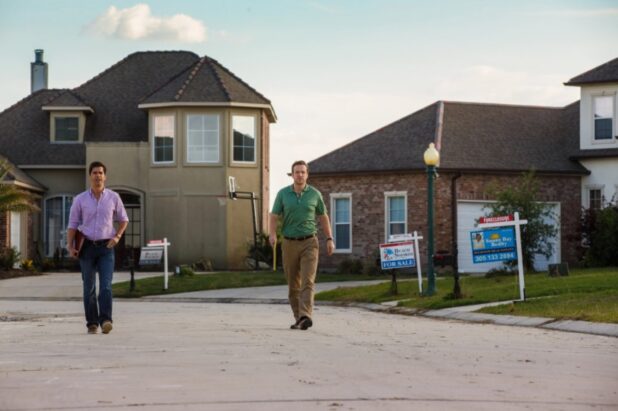
If you can’t make a lot of money by flipping houses, But you want to be involved in real estate, don’t worry. There are plenty of other real estate investing strategies you can utilize:
- Rental property management. You could purchase properties with the intention of renting them. If you choose an area with renter demand, you can collect more in monthly rent than you pay in ongoing expenses. This results in monthly cash flow, keeping you somewhat profitable while you benefit from long-term property appreciation. If you hire a property management firm, it’s even easier to handle the upkeep.
- Long-term plays. You could also invest in real estate based on your projections for long-term growth. If there is an up-and-coming neighborhood with inexpensive property prices, it might be a great time to scoop up those deals.
- REITs. If you’re looking for a more passive approach, you might try investing in a real estate trust, also called REITs. These investment vehicles allow you to invest in a real estate company that buys, sells, in manages properties. You can profit from their success without having to do any work of your own.
Your chances of getting rich flipping houses are pretty slim. If you want a lower-risk strategy that has a higher chance of succeeding, you can get involved in rental property investing or just invest directly in REITs. And if you’re undaunted and still eager to get involved in flipping houses, understand that you’ll have your work cut out for you. Spend plenty of time researching and considering your decisions, and work with a team of experts to get support for those decisions.
 World Magazine 2024
World Magazine 2024
